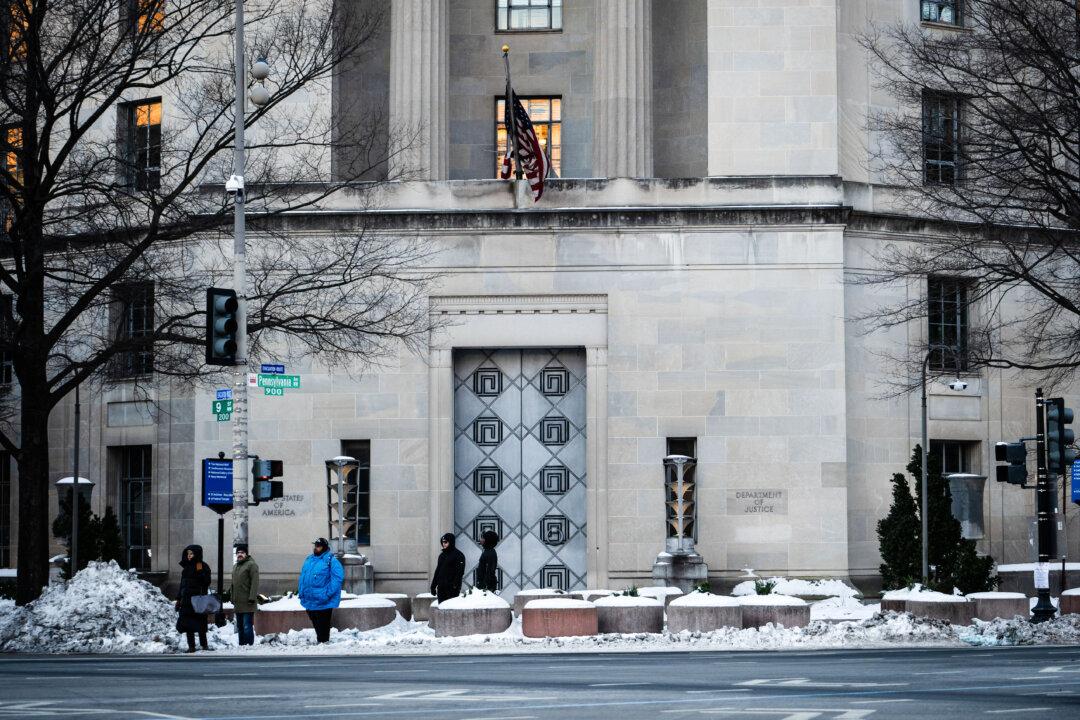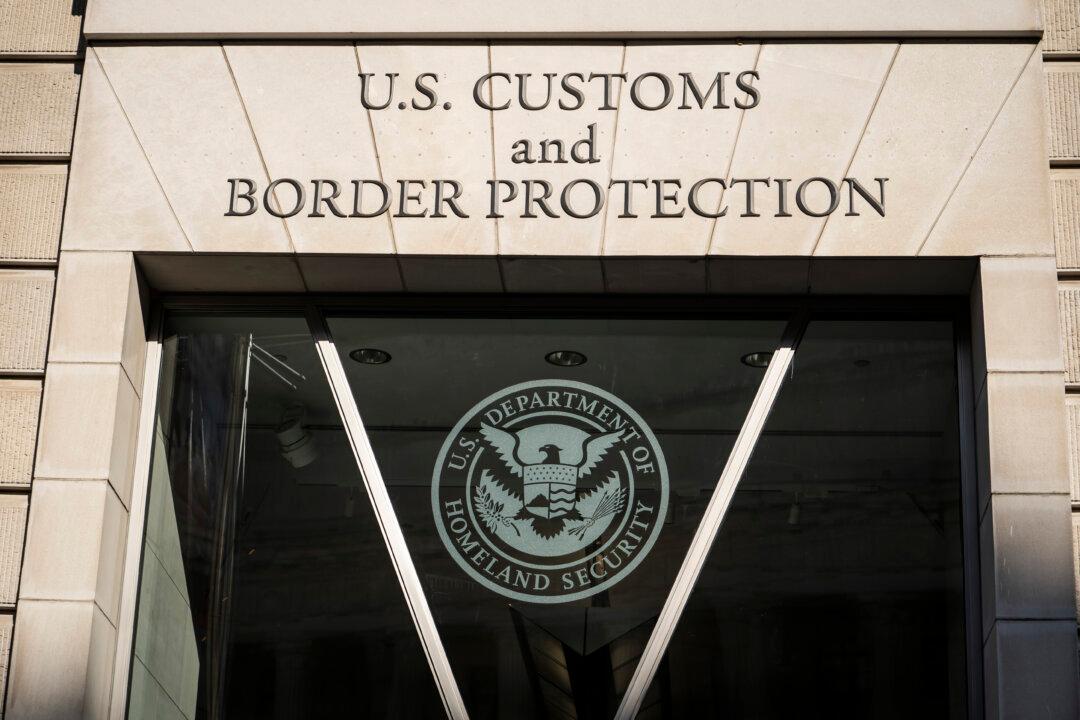U.S. Reps. Ken Buck (R-Colo.) and Lou Correa (D-Calif.) have introduced a proposal aimed at curbing security threats posed by the Chinese video-sharing app TikTok.
The measure would prevent all federal employees from downloading and using TikTok or any other apps developed by its parent company ByteDance on government-issued phones.
“TikTok is a Chinese-owned company and is required by law to share whatever information the Chinese Communist Party wants whenever it wants,” Buck said in a statement from his office. “TikTok is a cybersecurity threat to our country. We cannot allow China’s parasitic spyware app to collect data from United States government officials.”
China’s national intelligence law, which took effect in 2017, allows the regime in Beijing access to all data stored within its national borders.
Several U.S. government agencies, including the Pentagon and the departments of State and Homeland Security, have already barred employees from using TikTok because of security concerns.
“With the growing sophistication of cyber attacks, we must be proactive to protect our government networks from intrusion. Banning the use of TikTok on government devices is critical to ensure our networks remain secure,” Correa said in the statement.
The app has also come under fire for its lack of privacy protection for underage users.
On May 14, several U.S. advocacy groups, including Campaign for a Commercial-Free Childhood and Center for Digital Democracy, filed a complaint with the Federal Trade Commission (FTC), saying that TikTok has continued to violate COPPA, such as failing to delete underage users’ personal information that was obtained prior to the settlement.
“Now, even after being caught red-handed by the FTC, TikTok continues to flout the law. We urge the Commission to take swift action and sanction TikTok again,” he added.





